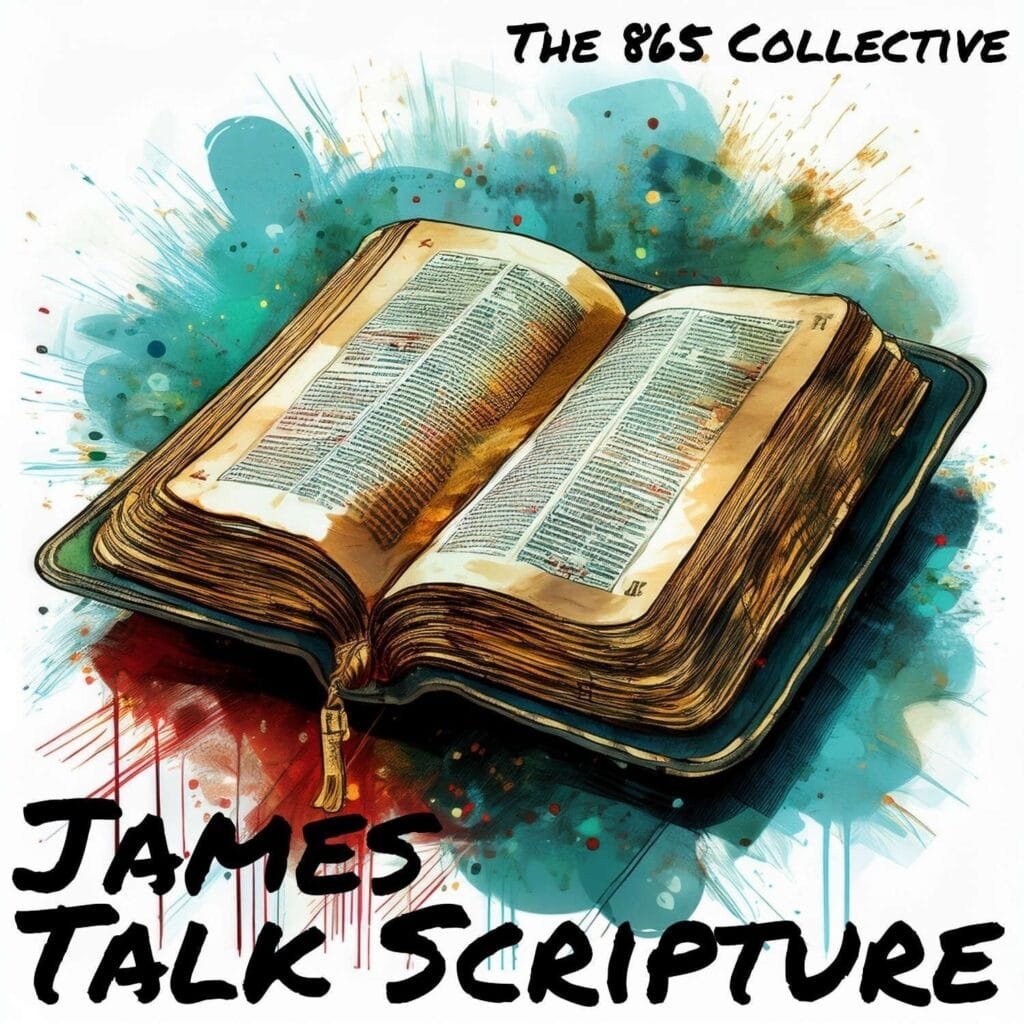Religion. It’s not exactly a popular word these days. For many, it feels cringeworthy—loaded with distrust, hypocrisy, and empty rituals. But at its core, religion is simply our response to the revelation of God. Being religious is just the outward expression of what we believe to be true.
So why does it carry such a negative connotation? Maybe it’s because, like all of us, we struggle to live out our faith with sincerity and consistency. We fall short. We make mistakes. And sometimes, religion itself stirs up anger. The world stands against God, and when Christians don’t live out their faith, it only adds fuel to the fire. Skeptics latch onto these failures, using them to argue against God—as if our mistakes could disprove Him. It’s not fair, but it’s understandable.
Changing the Narrative
But what if we changed the narrative? What if, instead of just claiming faith, we actually lived it out—fully surrendered to God’s purpose? What if we heard what Scripture calls us to and actually obeyed?
Jesus understood how closely the world would be watching His followers. That’s why, in Matthew 5, He said:
“You are the light of the world. A city set on a hill cannot be hidden. Nor do people light a lamp and put it under a basket, but on a stand, and it gives light to all in the house. In the same way, let your light shine before others, so that they may see your good works and give glory to your Father who is in heaven.”
Our faith isn’t just personal—it’s visible. We are the light of the world because of Jesus and the Holy Spirit within us. Our lives should reflect His presence in such a way that others see it and glorify God.
The Power of Our Words
I get it. People are cynical. They’ll find a random Christian doing something wrong and use that as proof that all Christians are hypocrites. But let’s not worry about them—let’s focus on you and me for a minute. Huddle up, we’re in this together.
What if we lived in a way that truly reflected God’s love? What if our commitment to the “royal law”—to love God and love others—left no room for slander? James understood how important this is. He challenges us to examine our faith, not just in what we believe but in how it impacts those around us—starting with our words.
“If anyone thinks he is religious and does not bridle his tongue but deceives his heart, this person’s religion is worthless.” (James 1:26)
Our words matter. What we say, how we say it—it all reveals the sincerity of our faith. More than that, it reveals our heart. Our words are the clearest reflection of our heart. James doesn’t pull punches here: If our words don’t represent Christ well, our faith loses its credibility. It’s not just the words we say, but what we choose to talk about. The way we use our mouth can either open doors or create roadblocks for the Gospel—and that’s a sobering thought.
Living Out Authentic Faith
But then, James gives us a clear picture of what true, authentic faith—what pure and undefiled religion before God—looks like:
“To visit orphans and widows in their affliction and to keep oneself unstained from the world.” (James 1:27)
Did that stir something in your spirit? It reveals something powerful about God’s heart. He calls us to care for the vulnerable, the broken, and the marginalized—not just in theory, but in action. James uses the word “visit”—which implies intentionality. This isn’t passive language. We’re not meant to sit back and wait for opportunities to help; we’re called to seek them out. It’s not just feeling bad for people—it’s pursuing them, stepping into their pain, meeting their needs.
Just as God pursued us, we are to pursue those in need. Those who need help—physically, mentally, emotionally, and most importantly, spiritually. The world needs to know there’s a God who loves them. That’s why we are here. That’s why He sends us.
Our Daily Witness
We are the hands and feet of Jesus, the salt and light of the world. And because we carry His name, how we live truly matters. We’re called to be set apart—not in a self-righteous way, but in a way that points others to God, showing evidence of the Holy Spirit at work in us. Whether we’re going to work, raising kids, running errands, or grabbing a bite to eat, we’re doing more than just those things. We’re telling a story of who God is.
So, what story are we telling?
ESV Study Bible. (2010). Crossway Books.
From Talk Scripture: Pure Religion | James 1:26-27
https://podcasts.apple.com/us/podcast/pure-religion-james-1-26-27/id1786264764?i=1000689594302
This material may be protected by copyright.

